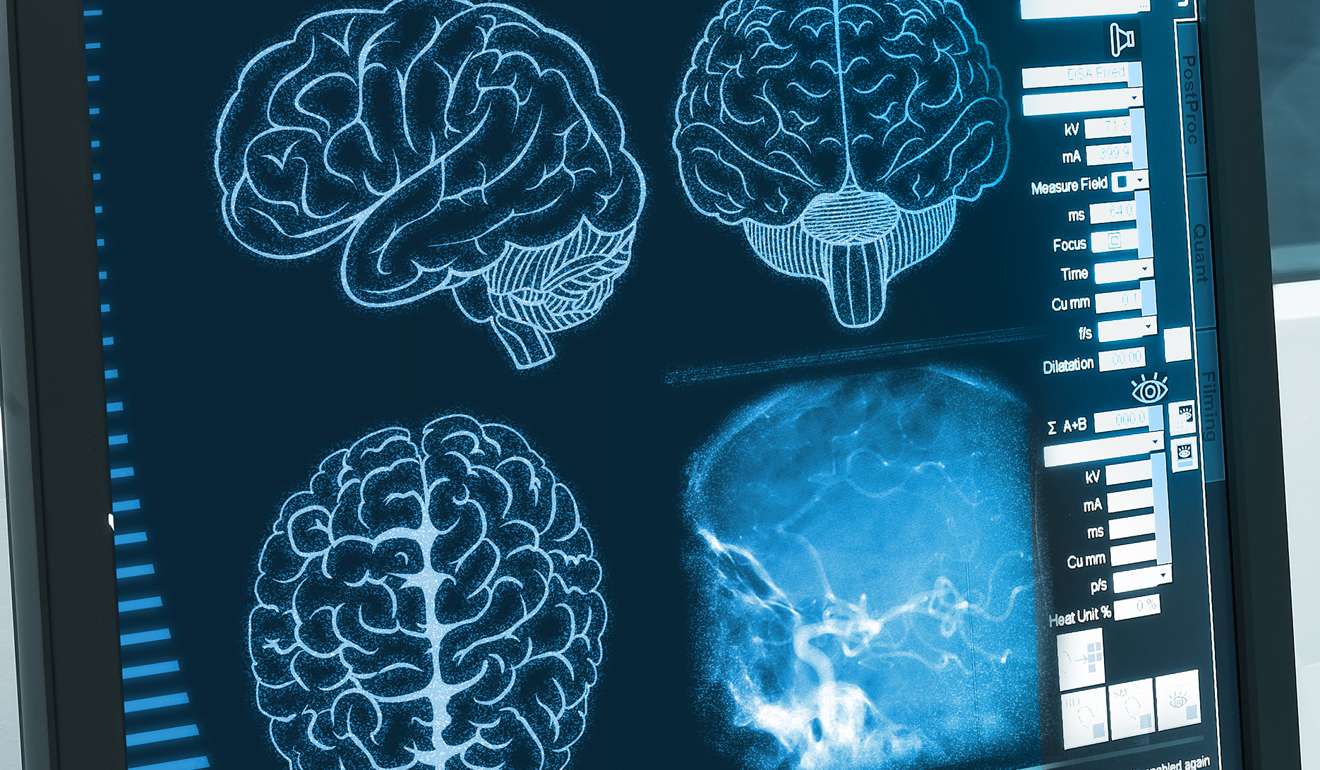
Why it’s not inevitable your memory will fade as you get older, and how to stave off dementia
It’s normal to become more forgetful as we age, but it’s not normal to forget names of loved ones or how to perform tasks we’ve done for decades, Hong Kong medical specialist says

Should we dismiss a debilitating memory as a natural part of ageing?
The short answer: No
Most of us can probably say that we had a better memory when we were younger. Now that we are older, we may find it harder to remember people’s names, what to buy at the supermarket, or even something that happened decades ago. Fortunately this isn’t a big deal – becoming a little more forgetful is a normal part of ageing, and we have come to understand that this is because of changes in the ageing brain.
According to Dr Ray Chan, a specialist in internal medicine at Hong Kong Adventist Hospital in Happy Valley, the human brain starts to shrink slowly after the age of 65. This is due to a natural loss of nerve cells.
“The remaining cells try to take on the tasks of the lost cells by making more connections with one another,” he says. “In the process, we may find our mental functions affected somewhat. For instance, it may take us more time to perform certain tasks and we may not be able to solve problems as well as we used to. Certain skills and knowledge that have been with us for long time, however, tend to be unaffected.”

Memory is the faculty by which information is encoded, stored and retrieved. It happens in many parts of the brain, and these parts are collectively called the limbic system.
“Information gathered by our sensing organs like our eyes and ears are processed and encoded by the limbic system,” Chan says. “The information is then stored neatly and systematically in different regions of the brain, including the frontal lobes, the hippocampus and the parietal lobes. When we attempt to recall this information, the process is reversed – that is, the information is retrieved from the storage site and decoded.”
Ageing may slow this process down a little, making it harder for us to remember or recall information. While it’s important to know that this is normal, we should also be aware of what isn’t normal when it comes to memory loss, and that is when it starts to interfere with our daily life. Not being able to remember our home address or our children’s names, and forgetting how to perform tasks that we have been performing for decades, are just a few examples of when your memory loss might be a sign of something more serious, such as dementia.
“Normal and successful ageing doesn’t affect how you function in the workplace and at home,” says Chan. “Dementia, of which Alzheimer’s disease is a common form, is a medical condition that affects one or more mental faculties to the extent that one’s ability to live independently is jeopardised. It usually affects the elderly, and memory is often the first faculty that gets worse. Not only do people with dementia have difficulty with their memory in real-life situations, but when medically assessed we can also see an objective decline in their cognitive function.”
If you’re worried about your memory or if your forgetfulness is persistent and affecting your daily life, Chan advises you to seek medical help. On the other hand, if you want to stave off problems like dementia, Chan suggests sticking to a healthy diet, such as the Mediterranean diet, which is said to be useful in protecting against memory loss.
However, staying healthy goes beyond what you eat. “There are seven conditions that contribute to nearly half of Alzheimer’s disease cases globally,” Dr Chan adds. “These are diabetes, smoking, mid-life obesity and hypertension, depression, a sedentary lifestyle and inadequate mental stimulation.”